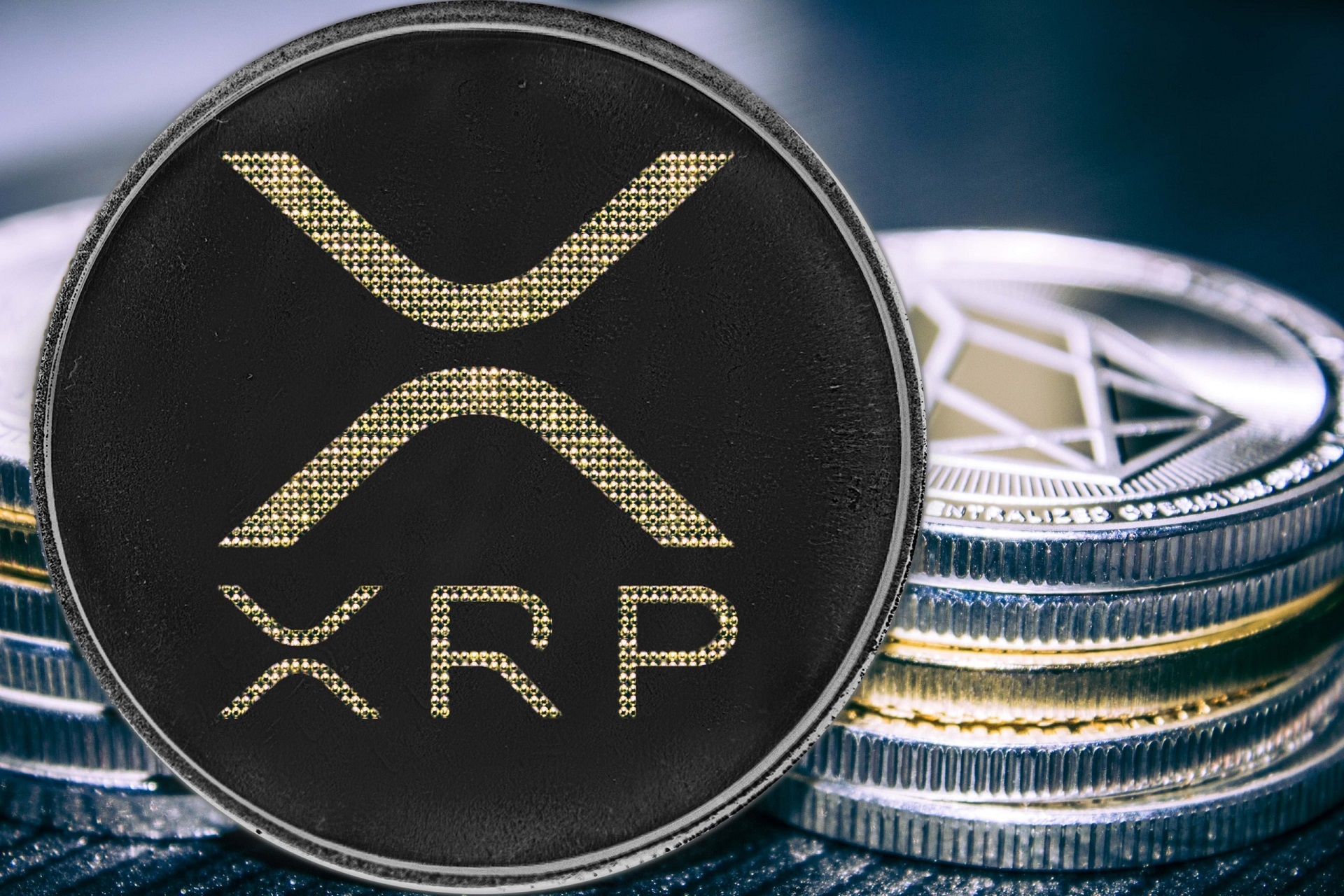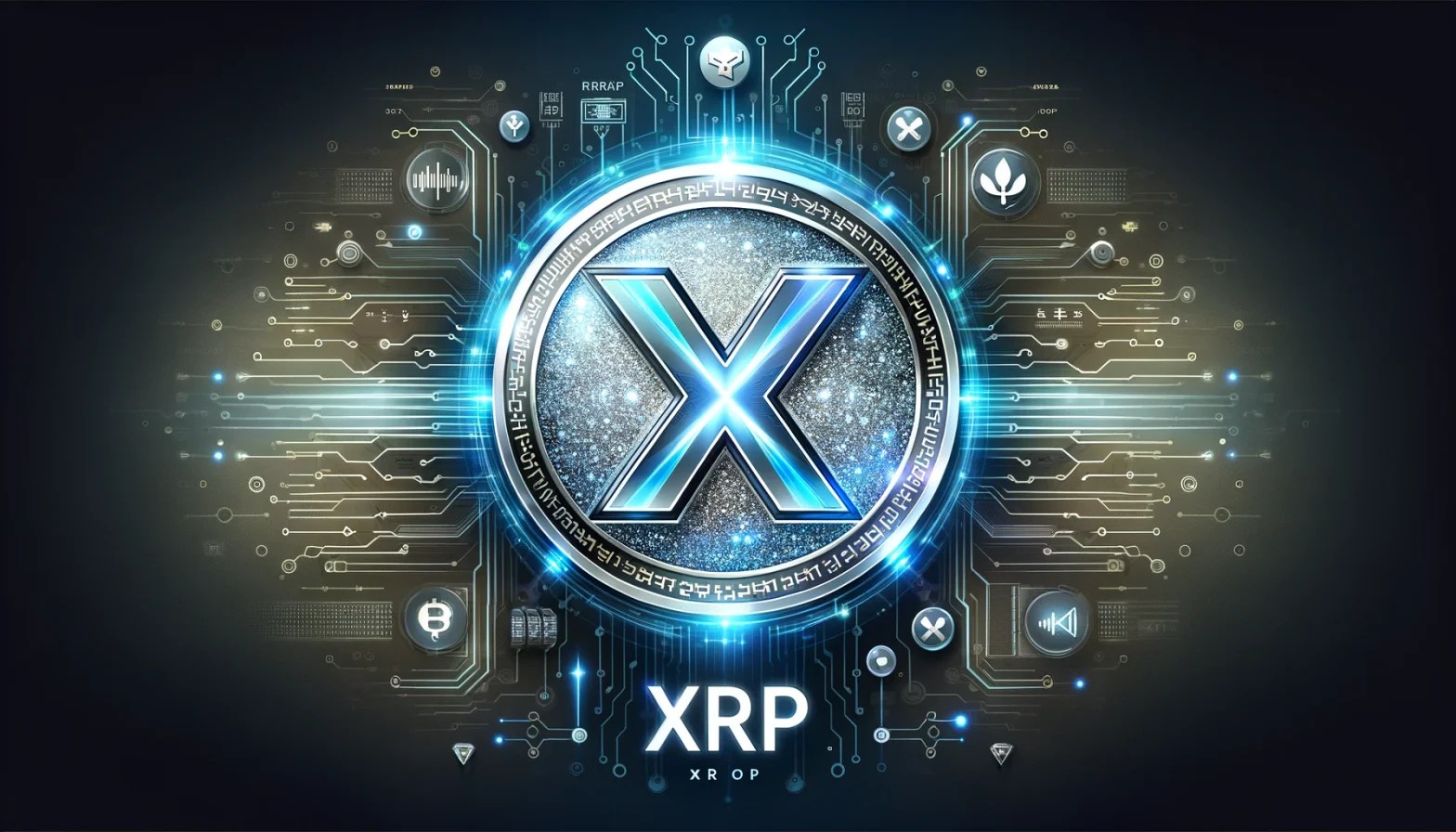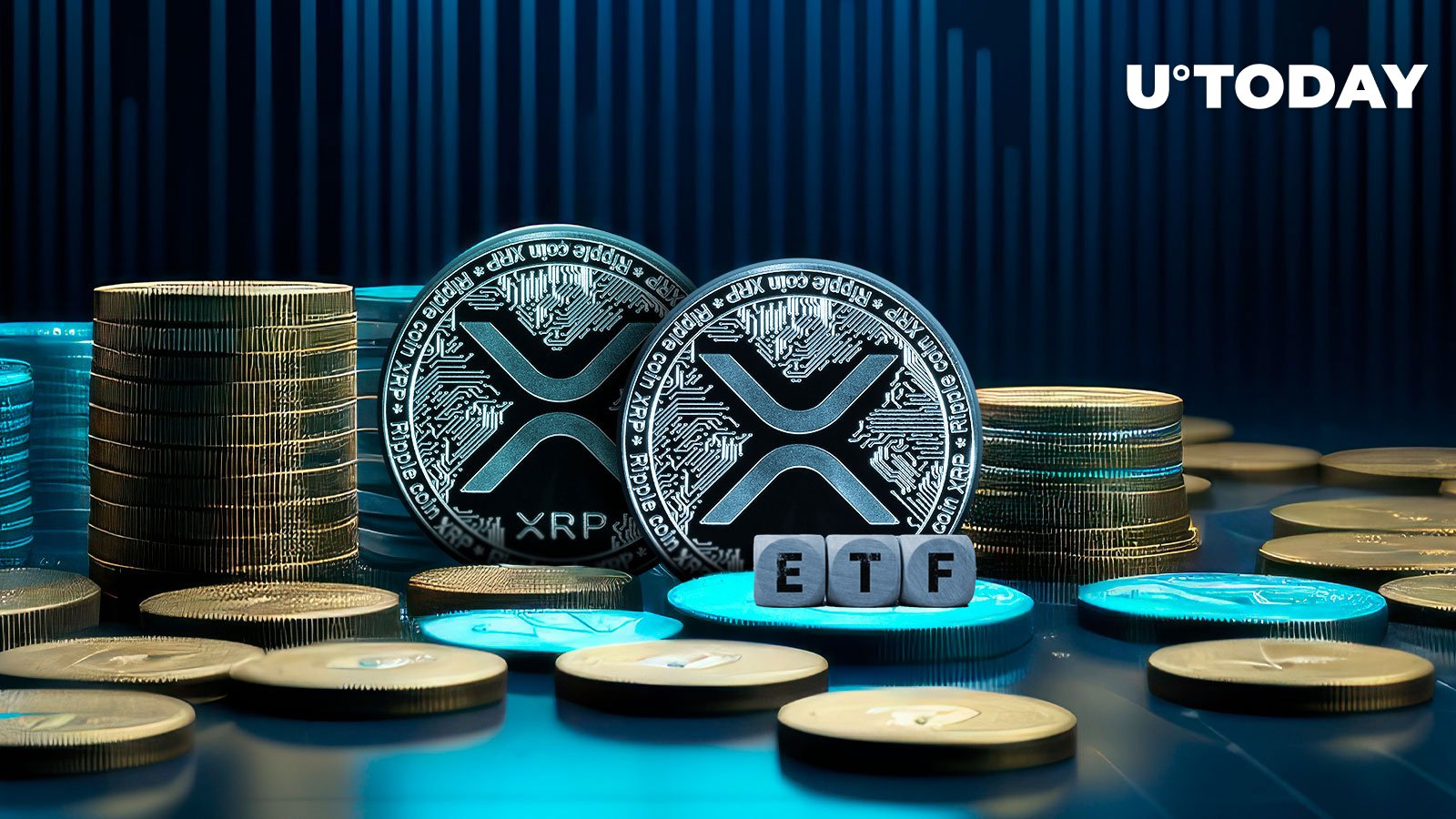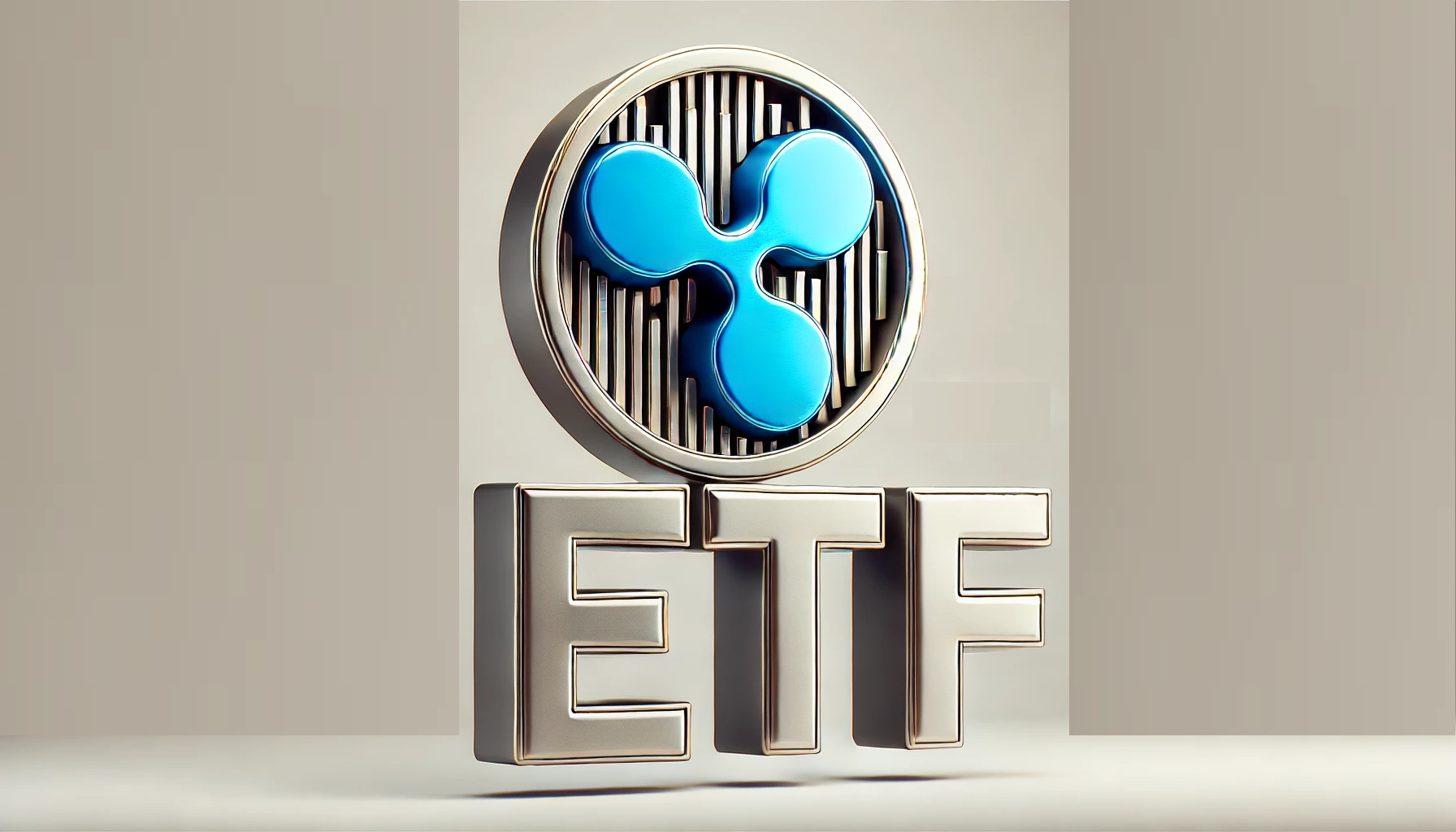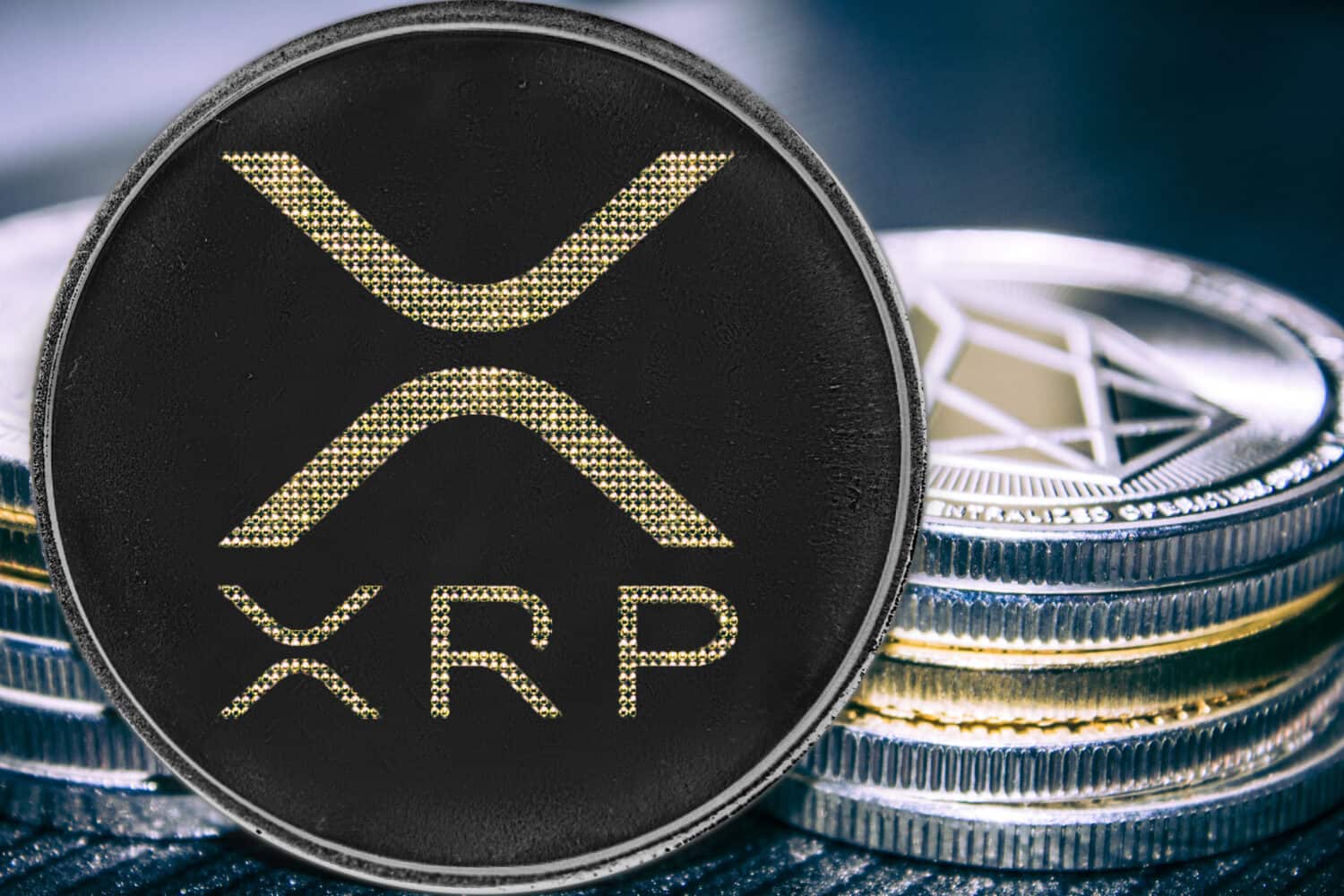
The cryptocurrency market has been abuzz with the prospect of a Ripple-backed XRP Exchange-Traded Fund (ETF) for quite some time. With nine filings already submitted to the Securities and Exchange Commission (SEC), the question on everyone's mind is: are we finally on the cusp of XRP ETF approval? In this article, we'll delve into the current state of affairs, exploring the potential implications of an XRP ETF and what it could mean for the future of cryptocurrency adoption.
A Brief History of XRP ETF Filings
The journey towards XRP ETF approval began in 2018, with the first filing submitted to the SEC. Since then, a total of nine filings have been made, each attempting to persuade the regulatory body to greenlight a Ripple-backed ETF. Despite these efforts, the SEC has yet to approve any of these proposals, citing concerns over market manipulation, liquidity, and the lack of a clear regulatory framework.
The Current State of XRP ETF Filings
The most recent filing, submitted by investment firm VanEck, proposes a physically-backed XRP ETF that would allow investors to gain exposure to the cryptocurrency without directly holding it. This approach is designed to address the SEC's concerns over market manipulation, as the ETF would be backed by actual XRP holdings rather than derivatives.
Other notable filings include those from WisdomTree, GraniteShares, and Bitwise Asset Management, each proposing unique approaches to an XRP ETF. While these proposals have been met with enthusiasm from the cryptocurrency community, the SEC remains cautious, seeking additional assurances before granting approval.
Overcoming the Barrier to Approval
So, what's holding back XRP ETF approval? The primary concern for the SEC is the lack of a clear regulatory framework governing cryptocurrencies. The commission requires assurance that any ETF proposal can operate within existing regulations, ensuring investor protection and preventing market manipulation.
To overcome this barrier, proponents of an XRP ETF must demonstrate a deep understanding of the regulatory landscape and provide innovative solutions to address the SEC's concerns. This may involve developing robust market surveillance systems, implementing stringent investor protection measures, and providing transparent and regular reporting.
Implications of XRP ETF Approval
The approval of an XRP ETF would have far-reaching implications for the cryptocurrency market. It would:
Increase mainstream adoption: An XRP ETF would provide a regulated and familiar investment vehicle for institutional investors, paving the way for increased adoption and mainstream recognition.
Enhance liquidity: The introduction of an ETF would attract new investors, increasing liquidity and reducing volatility in the XRP market.
Drive innovation: A successful XRP ETF would encourage innovation in the cryptocurrency space, as other projects seek to replicate this model and bring their own ETFs to market.
While the journey towards XRP ETF approval has been long and arduous, the submission of nine filings suggests that we are edging closer to a breakthrough. As the cryptocurrency market continues to mature, it's likely that the SEC will eventually approve an XRP ETF, paving the way for increased mainstream adoption and innovation. With the barriers to approval slowly being overcome, it's an exciting time for the XRP community and the broader cryptocurrency market. Will 2023 be the year of XRP ETF approval? Only time will tell, but one thing is certain – the future of cryptocurrency looks brighter than ever.


